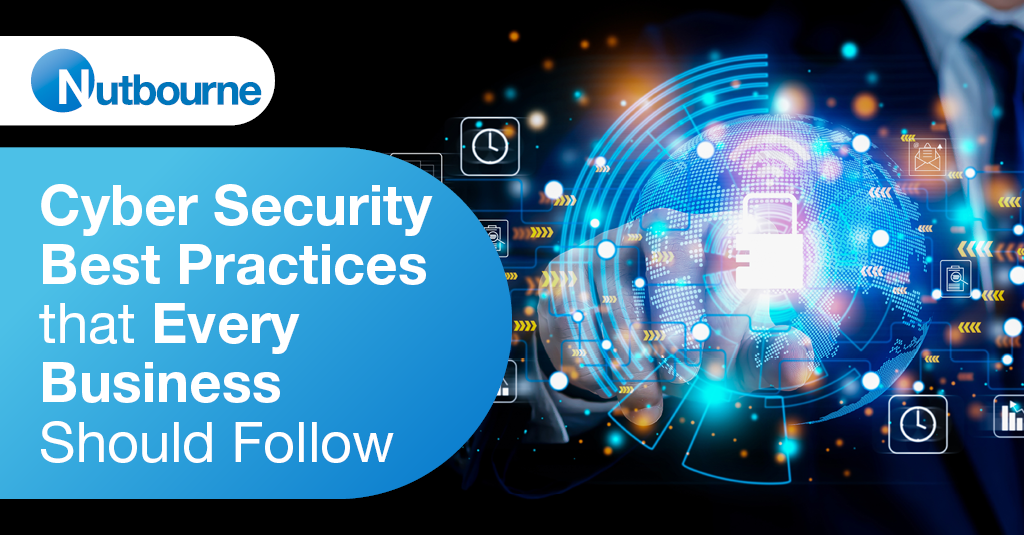With cyber attacks on the rise, it should be a priority for every business to do as much as possible to prevent attacks and reduce their risk. Not sure you should begin? These five tips are straightforward, cost effective and pretty simple to put in place – they’ll also make you much more secure in the process.
Invest in training
Training is by far and away the best security investment you can make as an organisation. The majority of successful cyber attacks are the result of human error. By training your teams on best practise, threats types and how to manage perceived threats, you mitigate that risk. If you have cyber security insurance – and you really ought VPN – to – then your insurer will likely offer some form of training. It’s also worth holding a regular meeting to update your staff on cyber security topics.
Use a VPN
A VPN – or virtual private network – enables users to send and receive data across shared or public networks as if their devices were directly connected to the private network. Why does this matter? Well, it means any activity on a VPN protected device is hidden from third parties, significantly lowering the chance of those activities – and the associated data – being detected online. Most reputable security systems come with a VPN option – it’s just a case of switching it on. If not, then it’s just a case of installing one yourself (or asking your MSP to do it for you!).
Create a response plan
Knowing how to respond if you have been breached (or suspect you might have been) is absolutely vital. If a hacker catches you unaware, the chances are they will leverage as much of your data as possible. However, knowing what to do in that instance can save some of your data and reduce company damage in the long term. You might not always be able to see or prevent an attack, but you should know how to react in the event of one.
Enable MFA
Multi-factor authentication (MFA) is a must-have for your network. Setting it up is simple, fast and free. It will add a layer of security to your company’s network that more often than not will deter would-be attackers. MFA is commonly used on banking apps and other systems that contain sensitive data such as email. Like the VPN, it’s one of the quickest and easiest security measures to set up – so there are no excuses not to!
Patching
While the updates to your operating systems and servers might be a bit annoying (always in the middle of a report, right?) they’re also 100% necessary. Those updates – to Office 365 for example – provide patches and fixes to problems with the system. A lot of the time, they’re in response to vulnerabilities that hackers could exploit. Ignoring them isn’t recommended generally speaking, and especially not from a security standpoint. Remember, the more out of a date a system is, the easier it is for a hacker to exploit. Update as often as the system requires.
For advice and information on improving your cyber security, visit Nutbourne.com

